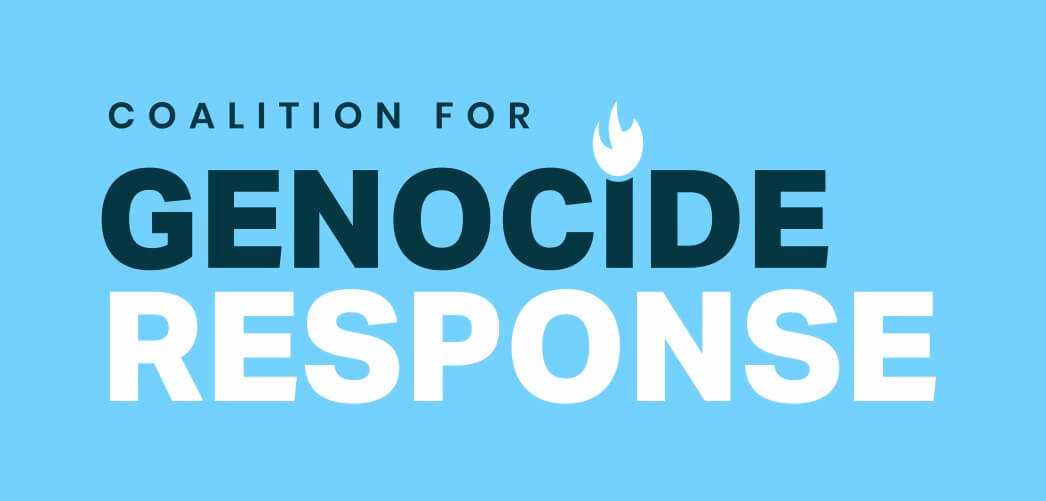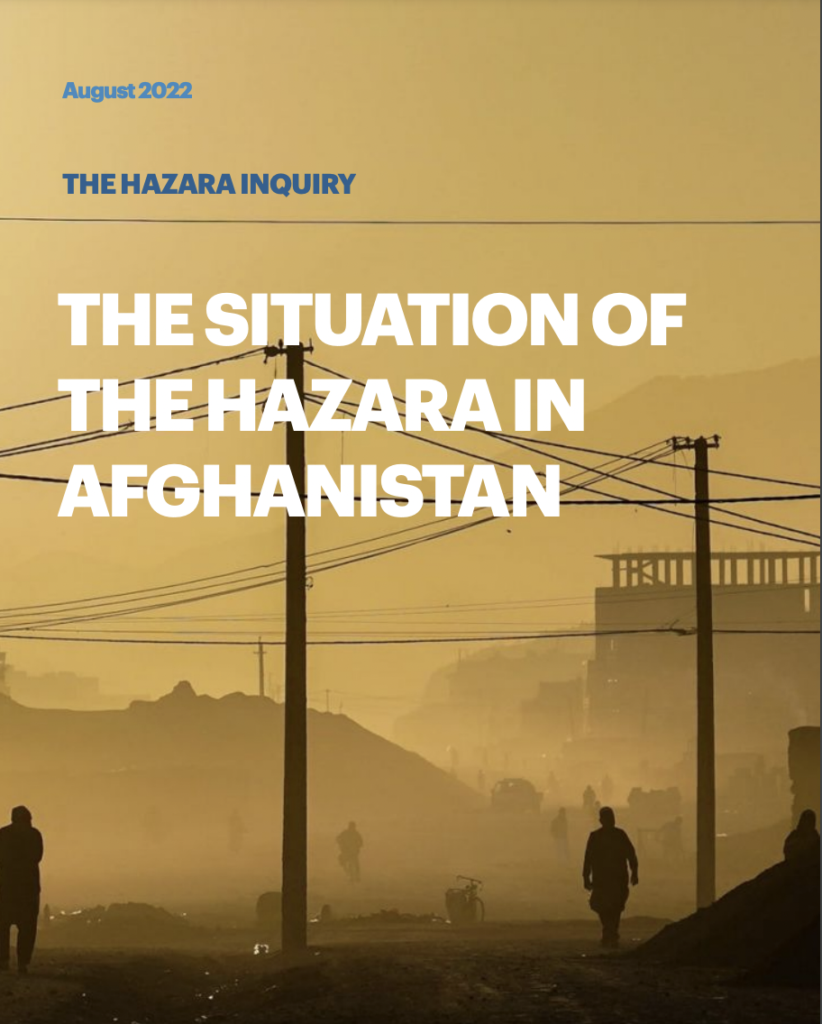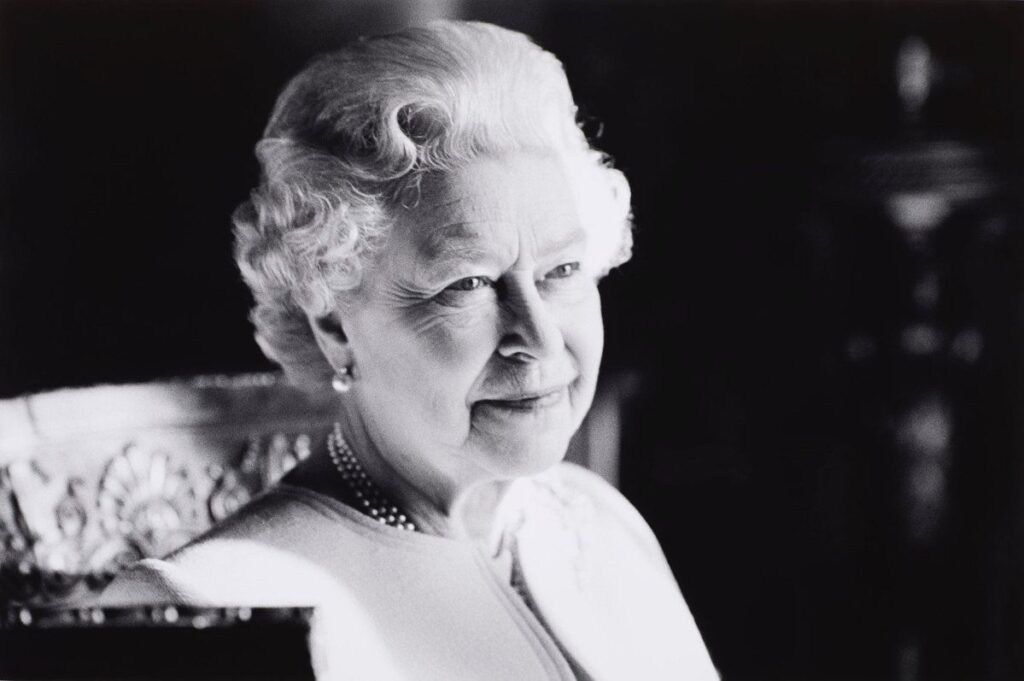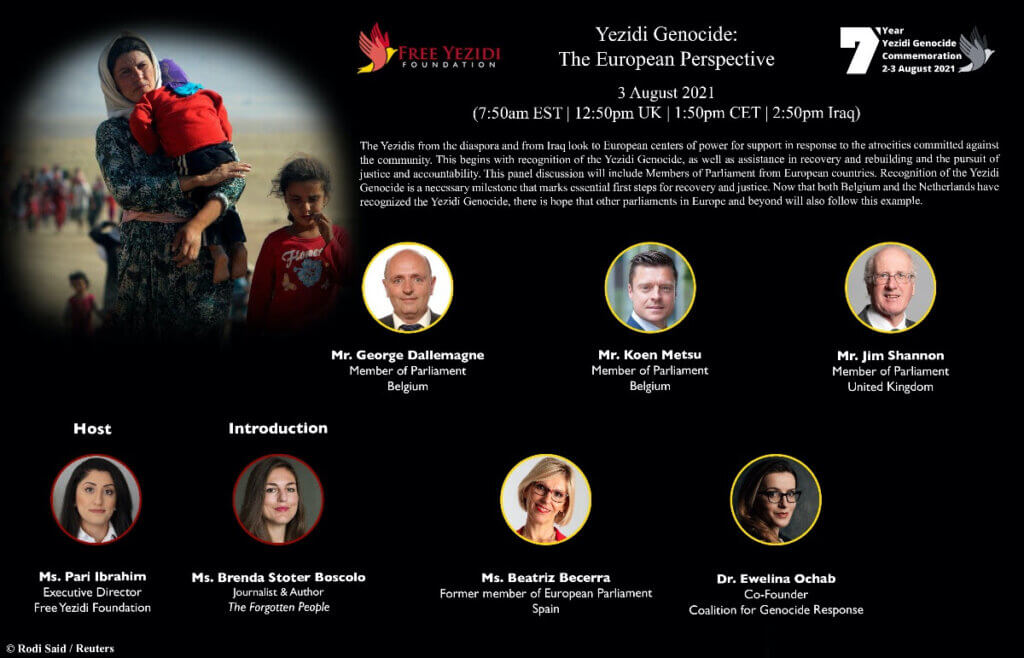On 28 October 2022, the UK House of Lords gave the Genocide Determination Bill (the Bill) a Second Reading and agreed that the whole House should give it a Committee Stage. This Bill is a Private Members’ Bill that has cross-party support.
Recent years have witnessed horrific atrocities that may meet the legal definition of genocide, as per Article II of the UN Convention on the Prevention and Punishment of the Crime of Genocide (the Genocide Convention) including the Daesh atrocities against Yazidis, Christians and other religious minorities in Syria and Iraq, the Tatmadaw atrocities against the Rohingyas in Myanmar, the CCP atrocities against the Uyghurs and other Turkic minorities in Xinjiang, the atrocities against the Tigrayans in Ethiopia, the IS-K and Taliban atrocities against the Hazara in Afghanistan, and as Putin’s war in Ukraine rages on – the serious risk of genocide and the incitement of genocide against the Ukrainians.
And, as many of these atrocities are still contemporaneous, and pose an existential threat to the targeted communities, we are nowhere near to having clear mechanisms to implement ‘the duty to prevent’ imposed by the Genocide Convention upon signatory States, including the UK.
A reform of the UK Government’s response to genocide is urgently needed.
Earlier this year, on the anniversary of being sanctioned by the CCP for our actions in relation to the Uyghurs and Hong Kong, three of our patrons were invited, with the other sanctioned Parliamentarians, to a meeting at 10 Downing Street. The then Prime Minister and the then Foreign Secretary told them that they would support the reform of how we deal with genocide. Unfortunately, these promises have yet to be followed up.
This Bill seeks to enable that promise to be met and helps to implement the duty to prevent genocide and reform the inadequate approach of the UK Government by introducing two basic mechanisms:
First, in Clause 1, the Bill empowers victims by way of equipping a person or group belonging to a national, ethnic, racial or religious group, or an organisation representing such a person or group, with the power to apply to a court for a preliminary determination that there is a serious risk of genocide or that genocide is being or has been committed.
Secondly, in Clause 4 the Bill ensures checks and balances, transparency and oversight over our government responses to genocide globally by way of expanding the already existing mechanism for genocide responses in Section 3 of the Trade Act 2021.
During the House of Lords debate a former FCDO Minister said: ‘The Government’s long-standing policy is that genocide is left to international judicial systems; I articulated that policy from the Dispatch Box when I was an FCDO Minister. However, I was uncomfortable with that policy at the time, and no longer believe it to be correct. We are not seeing it working, because the UK does not have any formal mechanism that allows for the consideration and recognition of mass atrocities that meet the threshold of genocide.’
And UK former Ambassador to the United Nations said: ‘As someone whose conscience was scarred by sitting as Britain’s representative on the UN Security Council during the Rwanda and Srebrenica genocides, I say that this excuse—that is what it is—is shameful… I would call it a Catch-22: a convoluted way of ensuring that nothing is done to determine whether a genocide is taking place, even when we know that it is.’
The full debate may be read at: https://www.davidalton.net/2022/10/28/genocide-determination-bill-given-a-second-reading-in-the-house-of-lords-as-peers-agree-to-commit-it-to-a-committee-of-the-whole-house-for-further-consideration-full-debate/ Or watched at: https://youtu.be/pP7MIZsGhMQ
The all-party Genocide Determination Bill is a crucial first step to reform the UK Government’s responses to genocide.
Watch the speech by Lord Alton here: https://www.davidalton.net/2022/10/28/genocide-determination-bill-given-a-second-reading-in-the-house-of-lords-as-peers-agree-to-commit-it-to-a-committee-of-the-whole-house-for-further-consideration-full-debate/




